By Alfonso Sánchez-Tabernero, President, University of Navarra*
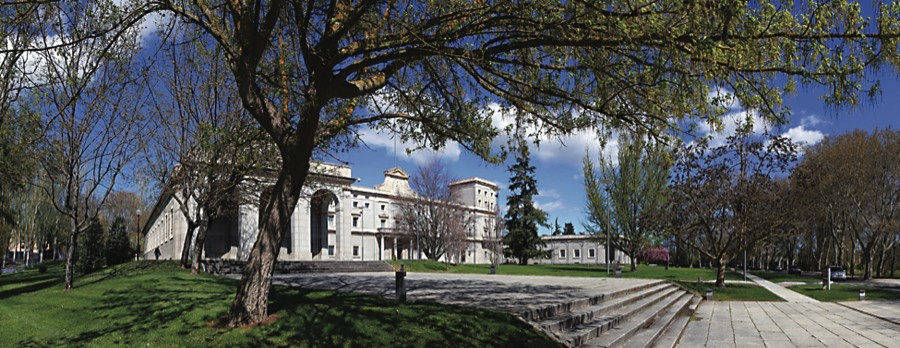
The campus of the University of Navarra, a Spanish university founded in 1952.
The coronavirus pandemic has posed a major challenge for people, families and institutions all over the world. We are living in times of crisis, but we shall overcome with massive doses of solidarity and science. The origins of the University are founded on generating knowledge and a commitment to pursuing the truth in all scientific endeavors. With high-quality research and teaching, we can help find solutions.
The search for truth is also one of the main pillars of Christianity. Integration of these two identities, the university and Christianity, leads to the same end and provides greater strength. As Pope John Paul II explained it in Ex Corde Ecclesiae, Christianity pushes an institution to be a better university because its guiding principles are the disinterested search for truth and serving the common good. This idea encourages us to try to ensure that our teaching and research reach the highest possible level. An institution that aspires to become a research university that serves society can also provide students with a liberal (i.e. humanistic) education. This is the goal of the University of Navarra, a non-profit Christian university that began its teaching, research and healthcare activity in 1952 under the leadership of St. Josemaría Escrivá, the founder of Opus Dei.
The Christian concept of the university led to the creation of centers of higher education. The first European universities were founded in the 12th and 13th centuries as a natural evolution of the educational work done by cathedral and monastic schools. Bologna, Oxford, Paris and Salamanca all initially shared the same model based on Christianity. Centers with different educational programs and approaches then appeared and some universities broke with their Christian roots. In contemporary culture, not everyone is prepared to go against the current.
And yet, in my opinion, the double identity of university and Christianity provides a considerable competitive edge. In addition to the pursuit of truth, a spirit of service, professional honesty, protection of life, solidarity and concern for nature are values that respect other people’s opinions and can be attractive to students (regardless of whether or not they have received the gift of faith) and society in general. In other words, the Christian message provides the most inspiring foundation for university teaching.
When visiting a campus with an educational program based on these principles, people often ask, “What’s going on here?” This question masks others, such as, “Why is everyone smiling and so willing to help their neighbors? Why are they living hopeful lives and working with such passion and respect?”
The answer is simple: these places are illuminated by a magnificent, captivating message that is profoundly human and open to an eternal destiny. Contrary to what one might think, the Christian worldview is particularly attractive to thousands of students enrolled in these centers of education every year. For example, at the University of Navarra, 30 percent of the student body is now made up of international students. Many come from non-Christian cultures, and yet they feel welcome and respected on our campus. Fortunately, in quite a few cases, the university experience gives them a chance to become more familiar with the Christian faith and living a life in Christ.
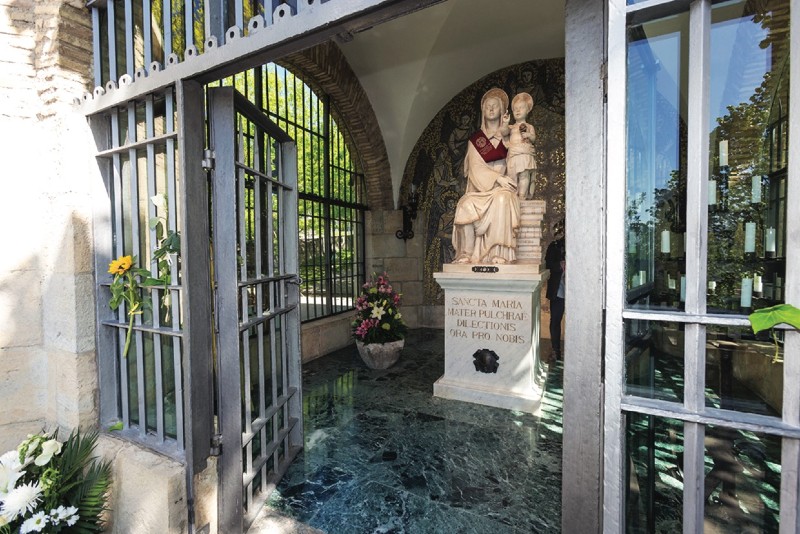
A hermitage on the campus dedicated to the Virgin Mary under the title of “Mother of Beautiful Love.”
Identity cannot be limited to a handful of formal procedures with little practical purpose. It must be displayed in behaviors, the approach to work, the spirit of service and relations between teachers and students. It is especially necessary for teachers to share the vision of, and even feel passion for, a Christian educational program. This will make it possible to build a community of shared principles and concerns. Assuming the Christian message helps professors become true teachers who not only achieve their technical training objectives, but also perceive their work as a service to others.
The situation is similar for researchers: their true calling is linked to improving people’s lives, especially the lives of the needy. As St. Josemaría Escrivá said in 1972 in the University of Navarra’s Main Hall, “The university does not live with its back turned to any uncertainty, to any worry, to any need of mankind.”
He continued: “It is not the University’s mission to offer immediate solutions. But, by deeply exploring academic problems, it moves hearts, dispels passivity, awakens latent energies and trains citizens who are eager to build a more just society.”
At the University of Navarra, we aim to ensure that education does not become merely a professional qualification. We want each student to mature and grow in all dimensions: intellectually, morally, professionally and socially. For this reason, since its creation, the University has assigned all students an academic mentor to whom they can turn for the development of professional competence and personal habits. Moreover, all degree programs include core curriculum subjects, which help students integrate knowledge and give them a global vision of people and the world. The content of these subjects includes ethics, anthropology, history, theology and professional ethics.
Ethics, Justice and Solidarity
In our educational tradition, it is common for knowledge to become compartmentalized, which encourages a clean break between the religious and professional worlds. Based on this concern, the University of Navarra helps students understand that ethical responsibility forms part of professional practice.
And the theological training we offer helps students understand that religion is not somehow strange or separate, but a dimension that can help them discover the truth about life itself.
There is a third essential feature of our educational program, in addition to service and truth: freedom.
We aim to train students to become good professionals with a generous heart. We want to help students decide to live full lives oriented towards serving others. We develop students’ critical capacity, which enables them to freely form their own opinions and convictions. Alejandro Llano, President of the University from 1991 to 1996, pointed out that “to educate is not to colonize the minds of students; it is to encourage their individual souls to emerge and to skilfully empathize with the development of radical freedom.”
The University of Navarra is currently listed in the top positions on some of the most prestigious international rankings: among the top 50 in terms of employability and third in Europe according to the Times Higher Education Ranking. I mention these results because one of the most passionate challenges of Christian universities is staying true to their mission while being relevant and recognized by the international university community. In other words, there is really no dilemma: it’s not necessary to choose between coherence with the mission and university excellence. The Christian message is not a burden that prevents students from flying, but a shining light that helps them progress.
In the context of a polarized society suffering from the serious consequences of the COVID-19 crisis, the University of Navarra has started up Strategy 2025 with sustainability as its main theme, in keeping with Pope Francis’ encyclical Laudato si’. We need to take a close look at our lifestyles and our commitment to caring for people and nature, and the university is the right place to do this. Our challenges include providing a transformative education and training young people to acquire critical thinking and collaboration skills; carrying out research with focus and impact in areas such as oncology, rare diseases and palliative care; and becoming an interdisciplinary university.
There can be no doubt that European society has gone through a secularization process in recent decades. Catholics are fast becoming a new minority, especially in scientific and cultural communities.
That’s why I’m sure that a Christian university can be one of the best places in the world to study, do research and work. When the focus is on people, effectiveness and productivity are no longer the core criteria. Christianity helps us be ambitious about our desire to serve others and acquire a long-term vision without becoming discouraged about the obstacles that always come up along the way.
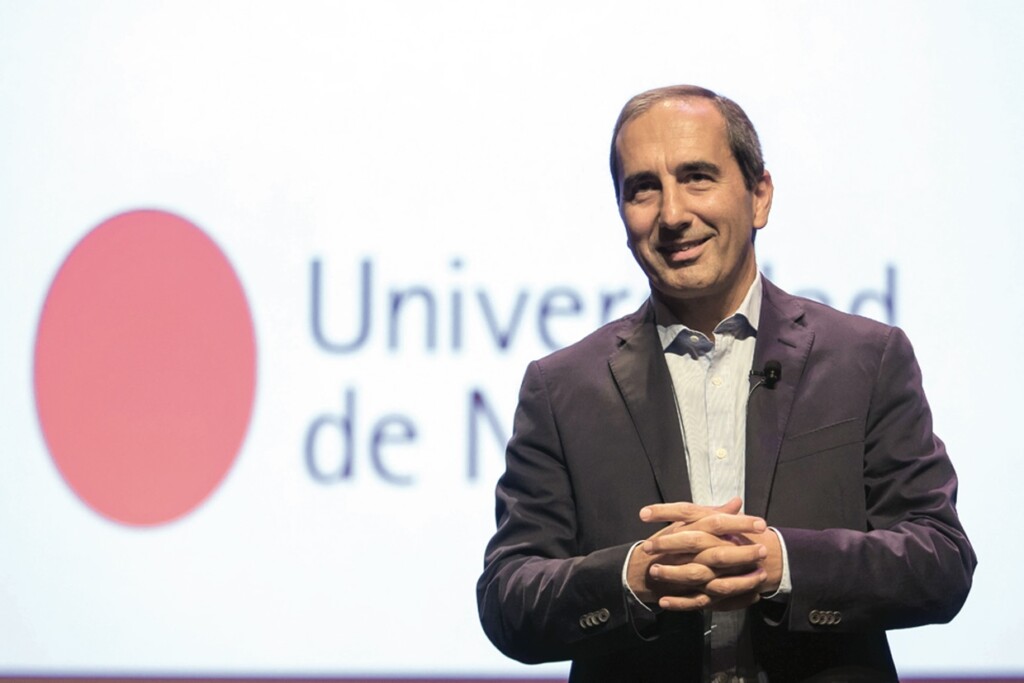
Alfonso Sánchez-Tabernero, President of the University of Navarra, Pamplona, Spain


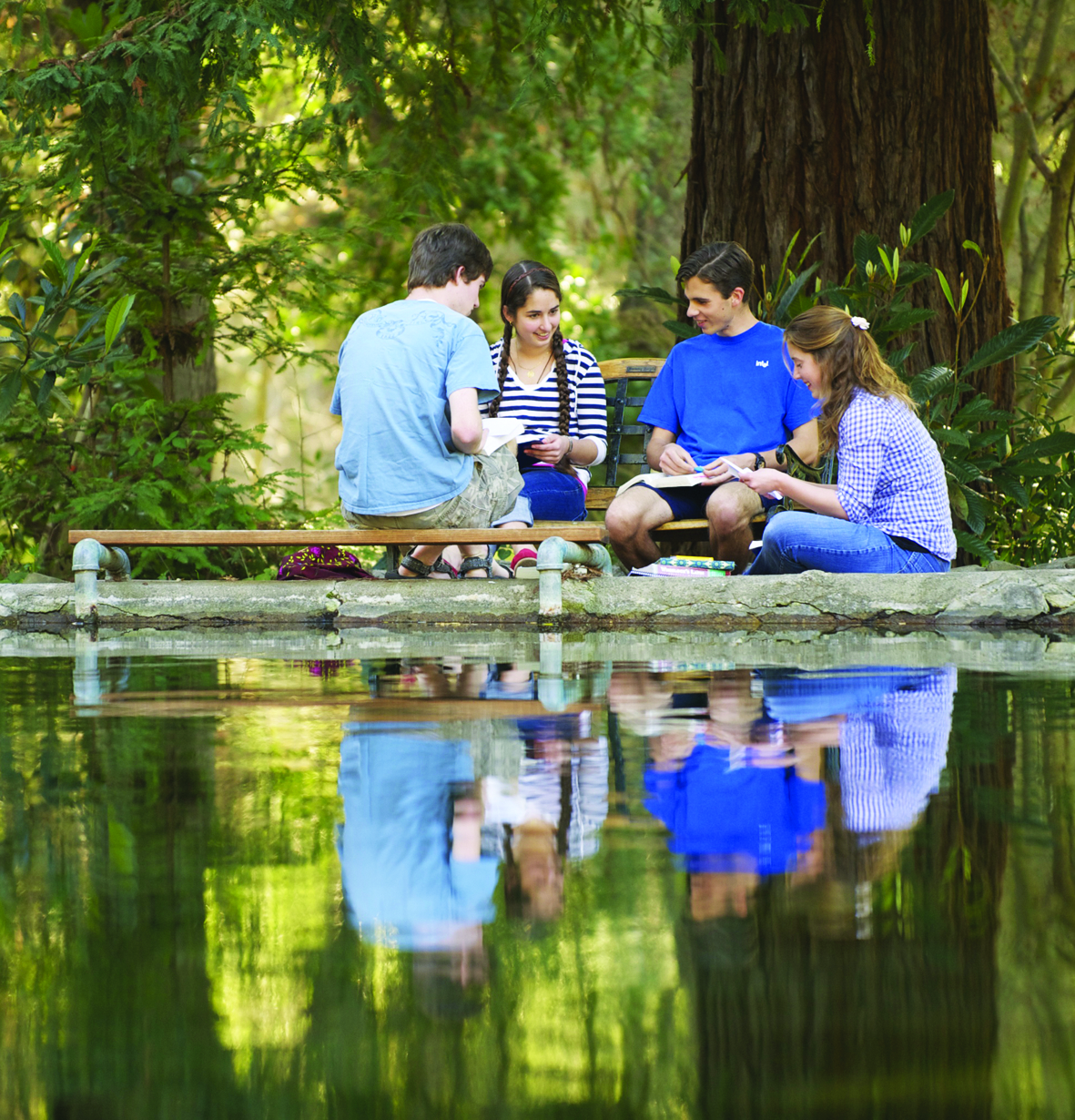

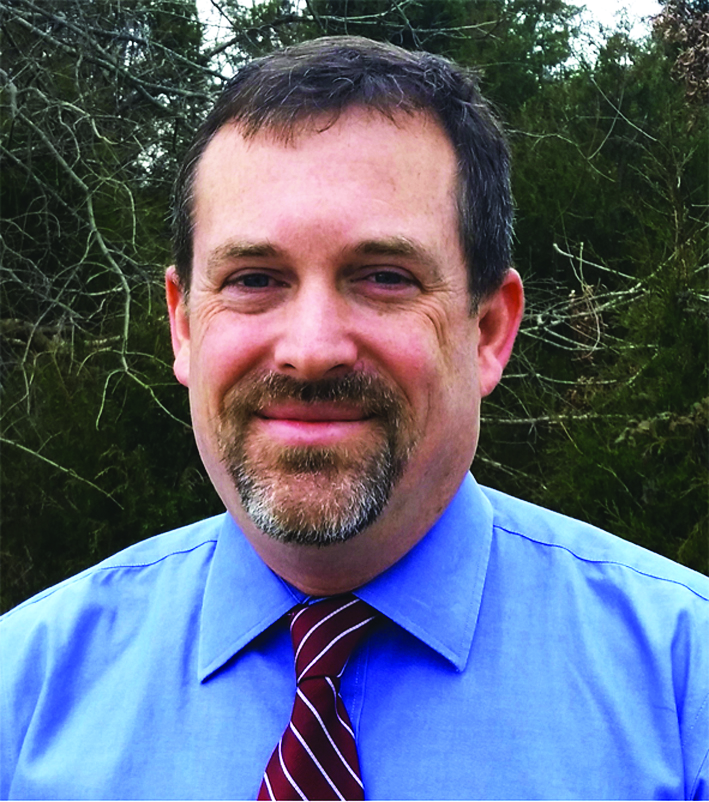
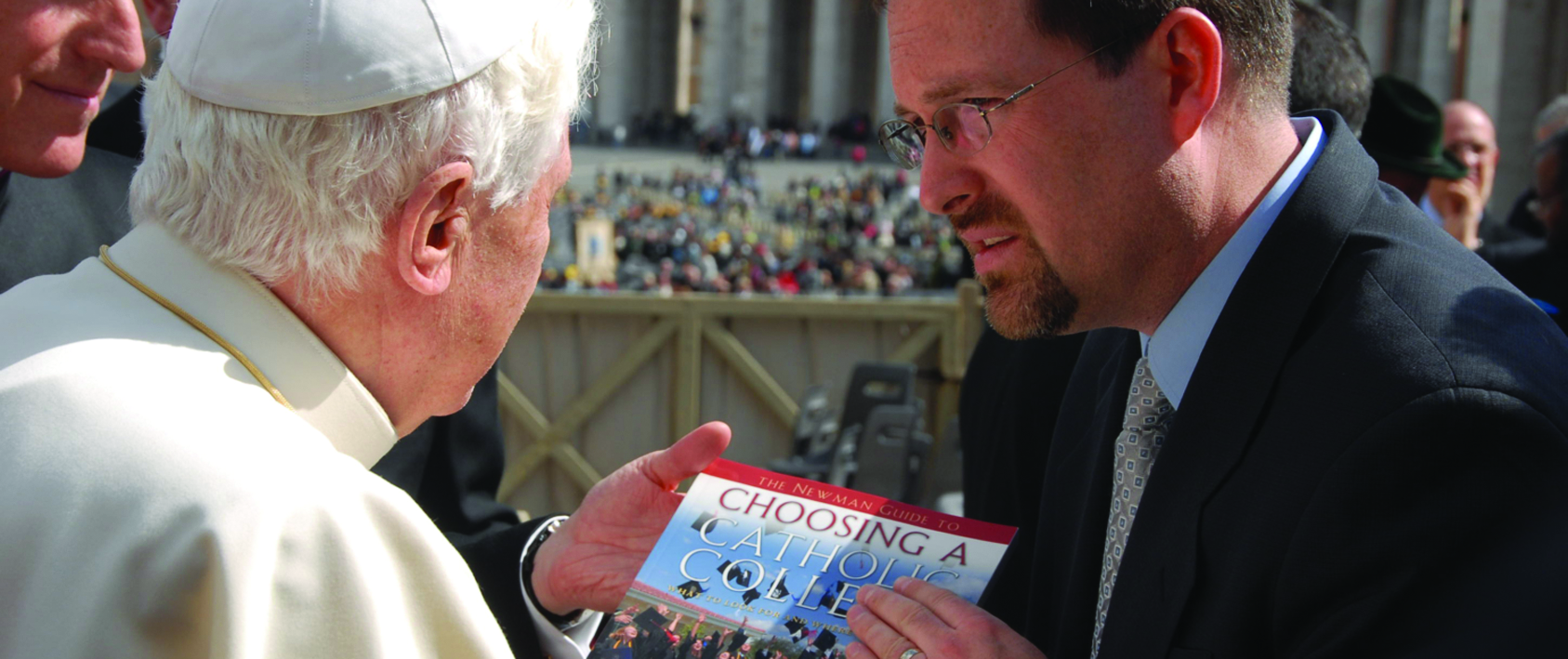
Facebook Comments